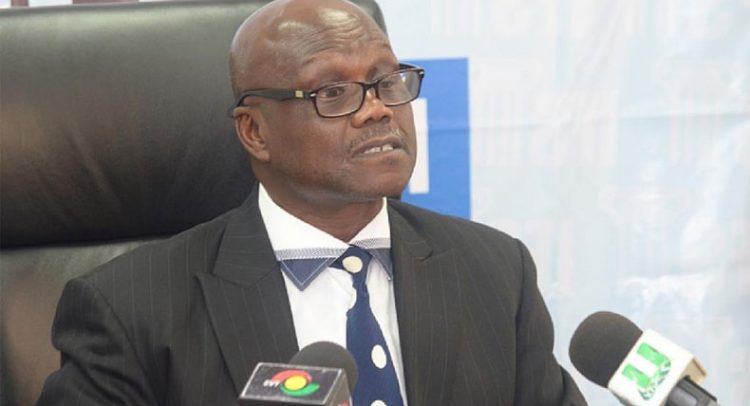Prof Newman Kusi
Some analysts have raised concerns about government’s consistent borrowing to finance expenditure rather than investing into projects that can help generate income and reduce the country’s high debt.
Ghana’s public debt rose from GH?4.92 billion in 2000 to GH?138.9 billion as at September 2017.
At a roundtable discussion organised by the Institute of Fiscal Studies (IFS) recently in Accra, Prof Newman Kusi, Executive Director of the Institute of Fiscal Studies (IFS), said the country must put measures in place to curb the rising debt.
If the ESLA Plc bond of GH?4.7 billion issued in October 2017 and the sale of the GH?5.3 billion long-term bonds at end November 2017, been added, Ghana’s total debt would have risen to about GH?146.2 billion, according to him.
The situation, according to him, requires the institution of a Debt Audit Commission to examine Ghana’s public debt.
Prof Kusi said the commission would help look at the size of borrowed funds and what they would be channeled into.
Speaking at a roundtable discussion Monday in Accra, he emphasised that debt accumulation is not likely to be sustainable if loans are used to finance public or private consumption, with no effect on long-term growth.
“We need to have a debt audit. The Debt Audit Commission will have all the information, go through and see what was borrowed and what it was used for,” he said, adding that this would help in reviewing the country’s capacity for further borrowing.
Prof Kusi further said the Debt Audit Commission should be made up of both domestic and international experts, who would propose new accountability mechanisms for government and lenders to ensure that loans that had been contracted are used effectively.
He also suggested that government should appeal to the United Nations Commission on Trade and Development (UNCTAD) to organise a debt conference with all its creditors to discuss and streamline Ghana’s debt and settle on debt burden sharing and cancellation to help maintain sustainable debt levels.
That, he noted, would be based on the UNCTAD’s principles of co-responsibility of sovereign borrowing and lending, which was formulated in 2012 and specifies responsibility of both sovereign borrowers and lenders for the use of good Code of Conduct and institutional set-up in concluding debt transactions.
Meanwhile, government has stated that the creation of a Debt Audit Commission to regulate the country’s borrowings and reduce its debt burden would duplicate functions.
Chairman of Parliament’s Finance Committee, Dr. Mark Assibey Yeboah, said yielding to such requests would rather complicate the current issue as there were institutions, which have oversight responsibilities over all government’s borrowing plans.
“It will be just another bureaucracy; the politicians are going to appoint people to manage these institutions. There are existing institutions already so if you equip them and insulate them from political interference, they should be able to work. This decision is another needless bureaucracy, which is not going to lead to anything new.”
By Samuel Boadi


